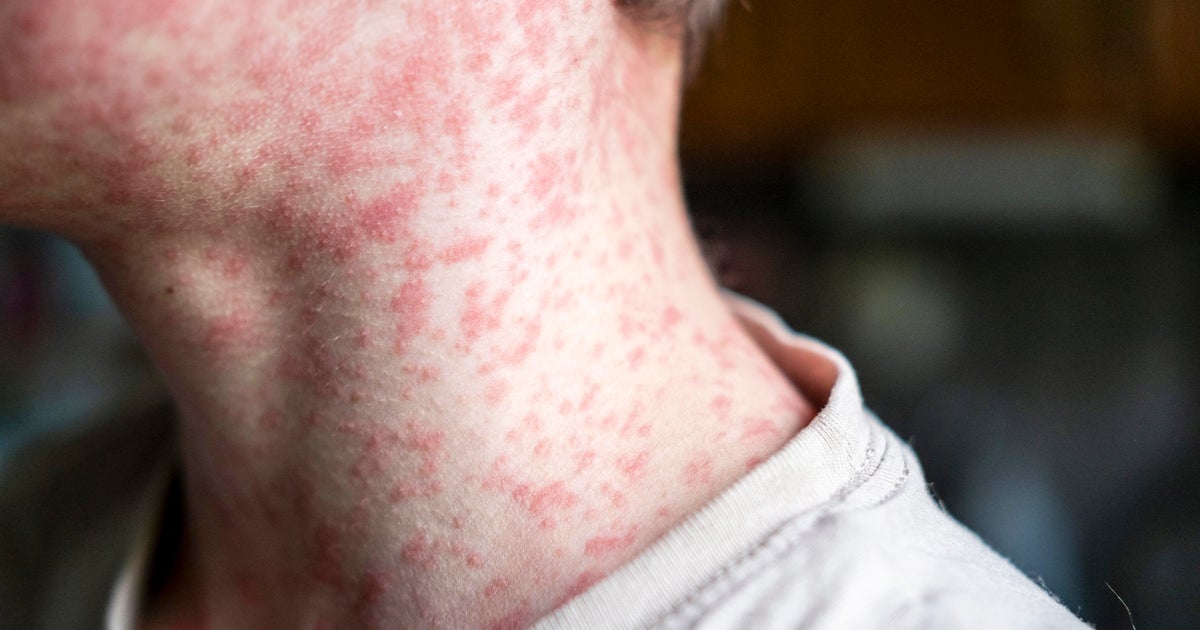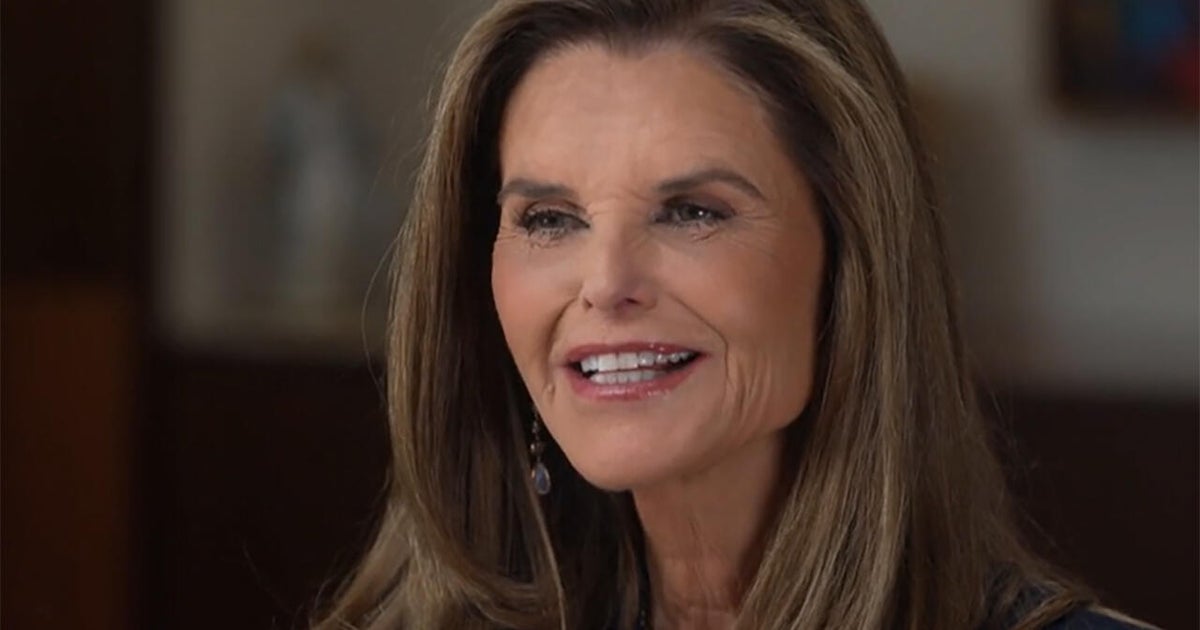Feeling anti-social? You're not alone. But here's why it could hurt your health.
In busy times, it can feel good when a friend cancels plans last-minute or you have a weekend free of any social commitments — but experts warn Americans' growing tendency toward being anti-social can lead to loneliness, which can actually hurt our health.
Former U.S. Surgeon General Dr. Vivek Murthy called loneliness a public health epidemic, writing in a 2023 report that about half of U.S. adults say they've experienced it.
He suggested people combat "widespread pain and unhappiness" by cultivating community.
"Community is a powerful source of life satisfaction and life expectancy," Murthy wrote in an essay published in January. "It's where we know each other, help each other, and find purpose in contributing to each other's lives."
He's not the only one bringing attention to social isolation.
Derek Thompson, staff writer for The Atlantic and author of "The Anti-Social Century," recently told "CBS Mornings Plus" that data shows Americans are spending more time alone year after year, decade after decade.
"There's actually never been a period in recorded history when Americans have spent so little time doing face-to-face socializing and so much time being alone," he said.
Health impacts of loneliness
In terms of mental health, people who experience prolonged loneliness are at increased risk of anxiety and depression. It can also affect mood and energy levels, Maggie Tipton, corporate director of psychological services at behavioral healthcare nonprofit Caron who has a doctorate in clinical psychology, told CBS News.
It can also impact our physical health, including sleep, our immune system and more, Tipton added.
Psychiatrist Dr. Sue Varma previously told "CBS Mornings" that loneliness is "a medical problem" that should be taken "very seriously."
"It's the equivalent of having somebody smoke 15 cigarettes per day, and we know that it affects our mind and our body," she said. "It increases our risk by 30% for heart disease, for stroke, 50% for dementia, and 60% for premature mortality."
Why are we less social?
According to Murthy's report, Americans spent about 20 minutes a day in person with friends in 2020, down from 60 minutes daily nearly two decades earlier.
In addition to the COVID-19 pandemic isolating people from their classmates, co-workers, friends and family, other factors have also contributed to less socializing.
Tipton points to digital communication — though a good way to stay connected to long-distance loved ones — as an interrupter for real interaction.
"Even if you spend time with someone else — two people sitting at a table, they could be talking to each other, but they're looking at their phones," she said.
Thompson added we make a lot of decisions based on convenience and technology, which has bought us "more alone time than ever."
More people are living alone, too. Census data shows the number of single-person households has doubled over the last 60 years.
Loneliness versus "me time"
Research shows that Americans who have become less engaged with worship houses, community organizations and even their own family members in recent decades have steadily reported an increase in feelings of loneliness, according to Murthy's report.
But there is a difference between loneliness and aloneness or "me time," Thompson said.
"Sometimes being in a state of quiet by yourself is a lovely thing, but chronic loneliness, being alone day after day, being alone more year after year, that's a real problem that tends to correlate with much less happiness and with serious problems," he said.
While experts say it's important for people to find quiet in their lives to recharge, be mindful of how you spend it.
"One thing that our devices, our phones, our screens do is they make our alone time more crowded. Because when we're alone, what do we do? We pull out our phones and we spend time in the minds and crowds of other people, which are often very anxious, often very angry, often very negative and emotional," Thompson said.
Tips for more healthy connection
If you've been out of practice with social interactions, it can be overwhelming to flex that muscle again — but there are ways to ease in.
Start small: Even quick interactions with a barista or passerby can help people feel more connected, Tipton said, adding that these allow you to practice small talk with low risk. "You can build up from there," she said.
Make a plan: Schedule socialization "as if it was a medical appointment," Varma said. "Your life depends on it, because the quality of our life depends on the quality of our relationships," she said.
Don't get in your head: Social interactions can sometimes feel awkward, leaving us worried about what others think of us. But Tipton urges people not to get in your head. "Most of the time people didn't notice," she said. "Let's just let ourselves off the hook a little bit."
Assess your circles: If stressful friend drama is what's keeping you from hanging out with others, it may be time to reassess your friendships. Tipton suggests being mindful of whether your interactions with certain people help fuel you or leave you feeling depleted.
Talk to a professional: If you're someone who really is struggling to combat loneliness, Tipton suggests seeking additional support for more help.



